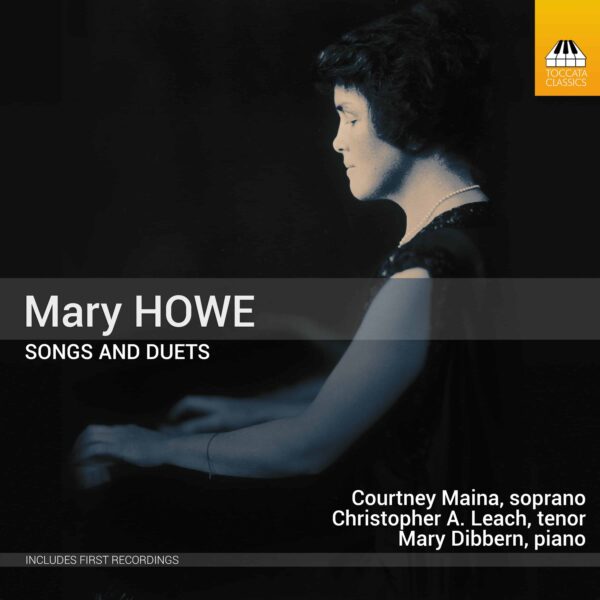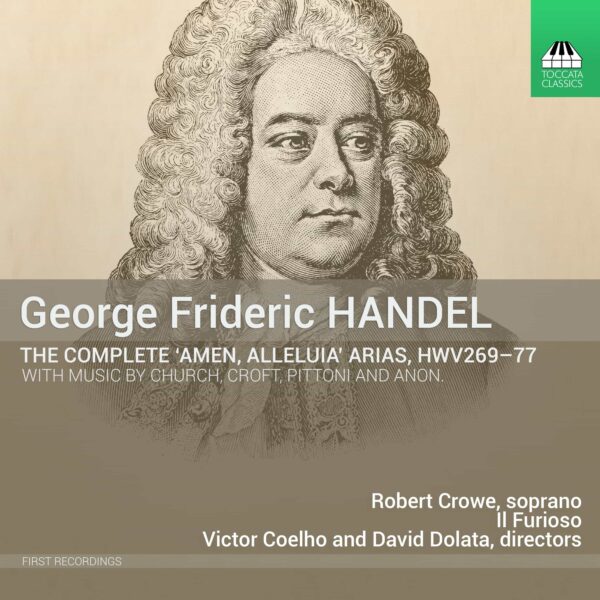Ange Flégier: Mélodies for Bass Voice and Piano
Although the French composer Ange Flégier (1846–1927) has now been lost from view, he enjoyed considerable fame in his own time thanks to the extraordinary reception of his song Le Cor. Indeed, the mélodie holds a predominant place in his catalogue of more than 350 works. Flégier’s songs, composed for his colleagues at the Opéra de Paris, are large-scale and orchestrally conceived, sitting stylistically close to Duparc in their dignified drama. Many of them receive their first recordings or first modern recordings here.
Jared Schwartz, bass
Mary Dibbern, piano
Thomas Demer, viola (Track 9)
Listen To This Recording:
- Le Cor
- La Poésie *
- Au crépuscule *
- L’Homme et la Mer **
- La Neige *
- Le Manoir *
- À la dérive **
- Chant d’automne *
- Apaisement **
- Les Larmes **
- O Salutaris **
- Je ne sais pourquoi *
- Ma coupe **
*First Recordings
**First Modern Recordings





MusicWeb International :
‘Le Cor is Flégier’s signature work. … It is a pensive piece recounting the sad heroics of the Chanson de Roland… The piano line skips and fanfares. … La Poésie is a smooth soliloquy with Schwartz, without a tremble, amazingly sustaining some very long breaths. L’Homme et la Mer is in the nature of a contemplation of the sea and mankind. … There are also some beautifully poised pages of piano writing – and playing. La Neige is a long song at 7:21. Here Schwartz’s impressively leonine steadiness is in pleasing evidence again. He really does make a noble sound which would go well also in French opera. … In Le Manoir Schwartz sounds like the archetype of the Stanford baritone in Songs of the Sea. It’s a stirring song rather than a philosophical essay but in À la dérive Flégier returns to type. It’s interesting that the ‘type’ is rarely lugubrious; serious and sometimes in shade yes, but not gloomy. Thomas Demer’s viola appears only once and alongside the piano in Apaisement. This has the air of music-hall sentimentality. It is paced steadily and with well considered judgement. O Salutaris is a rather glum setting touched with religiosity but it’s the shortest song here by a long chalk. … The 18 page illustrated essay on Flégier and his mélodies is more than admirable. … Explorers of French mélodies have no choice and will be rewarded by what they hear. Where next for Toccata and this singer?’
—Rob Barnett, MusicWeb International
Fanfare Magazine :
‘What a wonderful discovery. … Thomas Demer plays the viola part exquisitely, and this is one of those tunes that will remain in your head long after you’ve heard it. These are first-rate songs that do not merit the obscurity in which they have languished. … Jared Schwartz has performed a real service by rescuing this music, and letting us hear it for ourselves. … His voice is darkly colored, a bit grainy, capable of a wide range of dynamics. … Mary Dibbern is extremely sensitive in her accompaniments, clearly interacting with Schwartz (and vice-versa). Toccata provides a very insightful and helpful essay by Hervé Oléon, along with texts and translations. … Recommended with enthusiasm.’
—Henry Fogel, Fanfare Magazine, March/April 2017
La Voix des Arts :
‘Recording of the Month, September 2016
Recorded with mostly natural ambiance in the bright acoustic of Dallas’s Cathedral Church of Saint Matthew, this Toccata Classics disc unites superb-quality Mélodies for bass voice by little-remembered French composer Ange Flégier with American bass Jared Schwartz, a young Indianan whose singing on this disc is Characterized by the qualities for which the music begs: clarity of mind, tone, and Language. Not a newcomer to recording despite his youth, Schwartz nonetheless infuses This disc with an engrossing freshness that reveals far more than a thoughtfullyattained Acquaintance with overlooked repertory. It is apparent in his singing here that, for Schwartz, music is not a casual paramour with whom he flirts but an adored mistress Whose integrity he passionately upholds and increases. He and music are devoted Lovers, in other words, and these accounts of Flégier’s Mélodies are their sweet kisses. […] Without question, these Mélodies reveal that Flégier was a Tunesmith whose creations warrant comparison with the Lieder of Franz Schubert, Hugo Wolf, and Richard Strauss.
Accompanied by pianist Mary Dibbern with abundant sensitivity and the Complementary firm rhythmic core and interpretive flexibility that are at the heart of The music Schwartz sings ‘Le Cor,’ a setting of a text by Alfred de Vigny and perhaps the Most widely known of Flégier’s Mélodies, with focus that reveals the emotional nuances of the song without exaggerating them. […] Schwartz’s cognac-hued timbre, reminiscent of the voices of great French-speaking singers of prior generations like Heinz Rehfuss and René Bianco, flows Through the music intoxicatingly, consonants lightly but effectively voiced. The depths of expression reached in Flégier’s handling of Jean Richepin’s text in ‘Au crépuscule’ are reflected in the expansiveness of the accompaniment, and Dibbern Provides Schwartz with a profoundly eloquent palette upon which to mix the colors of the vocal line. The interaction between singer and pianist is a model of the art that Conceals art, their collaboration having been refined to the point of seeming as much Biological as artistic without sounding in any way artificial or studio-bound. […] Unlike so many young singers, Schwartz has the good sense and the musicality to transform very minor lapses in intonation into fleeting Moments of vulnerability that suit the lush textures of the music. […] Schwartz and Dibbern heighten appreciation Of the quality of Flégier’s music by exploring every recess of angst and ambiguity Without overextending the dimensions of the music. […]
In this age in which it sometimes seems that young singers are trained to think identically and To look and sound as impersonally interchangeable as possible, encountering a disc like This one and a developing artist like Jared Schwartz is an unexpected delight. How Strange it seems that an intuitive young bass singing little-known but fascinating music Beautifully and idiomatically might be interpreted as consciously daring to be different. […]
—Joseph Newsome, La Voix des Arts
Operanostalgia :
‘His other songs really belong to the best of French melodies as well. Give the disc a try and you are in for a real discovery. The equally interesting booklet also has an in-depth analysis of the songs by the French musicologist Hervé Oléon, a Massenet authority. […]
The Indiana born bass Jared Schwartz who already recorded a fine Fauré and Liszt album for the Toccata label immediately sets a pretty high standard with “Le Cor” the first number of the CD. His is a fine evenly produced bass voice displaying no fear for the often extreme lower tessitura Flégier resorts to. Schwartz goes at full blast when needed but can also provide a smooth and polished mezza voce and legato. His singing is notable for consummate musicianship and a fine diction.
He found the right partner in Mary Dibbern his admirable accompanist playing with refinement, subtle shading and skillful inflexions of tone colour.
A great addition to the discography of French Lieder singing. A perfect Christmas gift for the lover of classical song and French mélodies in particular.’
—Operanostalgia